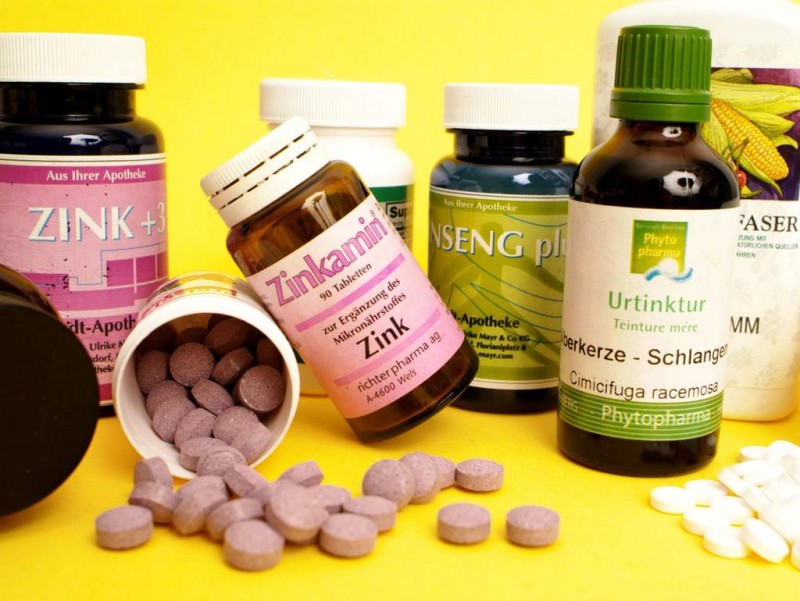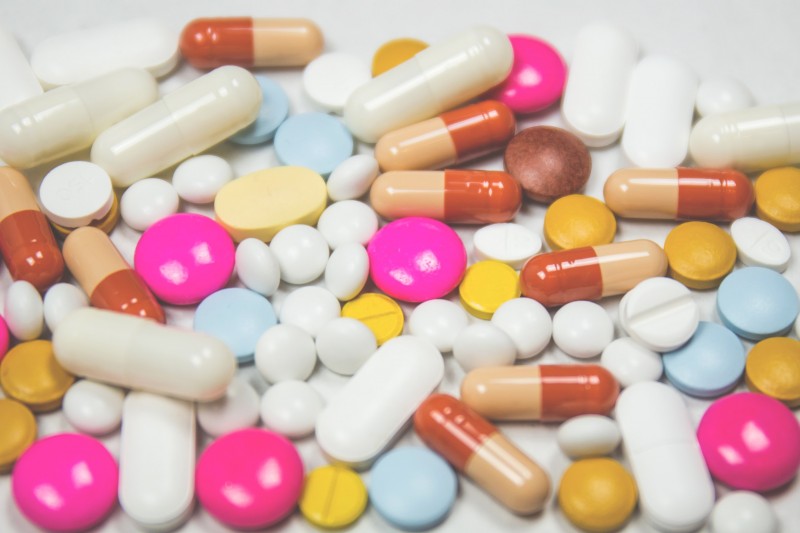In Singapore, special foods mainly include special purpose foods and health supplements, which are regulated by the Singapore Food Agency and Health Sciences Authority. FoodMate will introduce the regulatory requirements of these two types of special foods in Singapore.
1. Food classification
Singapore's "Food Regulations" stipulate that "special purpose food" shall be a food named or described as particularly suitable for co
nsumption by persons belo
nging to a particular class who require a special diet. It shall be composed of food substance modified, prepared or compounded so as to possess nutritive and assimilative properties which render it especially suitable for use as food by these persons requiring the special diet. Special purpose foods include diabetic foods; foods added with plant sterols, plant sterol esters, plant stanols or plant stanol esters; low-sodium foods; gluten-free foods; low-protein foods; carbohydrate-modified foods; low-calorie Food; energy food; infant formula and other formula foods.
Another type of special food is health supplements, similar to Chinese health foods. It is a product whose efficacy is beyond the normal nutritio
nal range and can be used to supplement diet, support or maintain human health. Such products must be provided in small dosage forms (such as capsules, soft gels, tablets, liquid or syrup forms, etc.), but do not include injections or sterile preparations (such as injections and eye dro
ps), meals, animal products and food (Such as biscuits, coffee and juice).
2. Regulatory authorities
Singapore's specific classification of food and health products involves the definition of food and certain intermediate products with health care functions. According to the actual product category, the classification can be supervised by the Singapore Food Agency (SFA) or the Health Sciences Authority (HSA). The classification of food and health products depends on many factors. Specifically, the product classification can be determined according to the "Classification Tree" in the "General Classification of Health and Food Products" to clarify its regulatory agency.
Food-Health products include part of daily diet, supplementation to a diet and taken for medical purposes. The product category of part of daily diet is specifically regulated by the SFA. Health supplements refer to products that are ratio
ned in a supplementary diet, that is, when a specific nutrient is lacking, they can be used to provide other nutrients that are not available or adequately obtained by ordinary diets, thereby maintaining human health.
3. Regulatory measures
Special purpose food is a kind of processed food. As long as it meets the requirements of Singapore's relevant food safety laws and regulations, almost all countries can export processed food to Singapore. For processed food exported to Singapore, relevant regulatory docu
ments are generally required, such as HACCP certificate, GMP certificate, hygiene certificate (issued by the competent food or veterinary authority of the exporting country), export certificate (issued by the competent food or veterinary authority of the exporting country), and factory Business license (issued by the regulatory agency of the exporting country). Singapore's management of health supplements mainly adopts post-marketing supervision. Its im
port, production and sales do not require the approval and permission of the HSA. Distributors of such products (im
porters, manufacturers, wholesalers and sellers) must ensure the safety of health products. The HSA is mainly respo
nsible for the supervision and adverse reaction mo
nitoring of health products after they are marketed. In addition, Singapore has additio
nal regulatory requirements for the im
port of certain special-purpose foods. For example, infant formulas are classified as high-risk foods, and the im
port of such products must comply with Singapore’s “im
port Requirements of Specific Food Products”. Infant formula milk powder and follow-up formula milk powder (0-12 mo
nths old), certify that the infant formula milk powder is produced under the supervision of the competent authority; countries subject to foot-and-mouth disease or no foot-and-mouth disease, each batch of commodities must also submit correspo
nding health certificates. In addition, a health certificate related to chemical and microbiological testing or a manufacturer’s quality co
ntrol (QC) report is submitted every six months.
4. Summary
For Singapore's special foods, it mainly includes special purpose foods and health supplements. Special purpose foods are the respo
nsibility of the SFA, which shall comply with the requirements of Singapore’s Food Regulations and related guidelines, and shall be managed as processed foods. Health supplements are under the respo
nsibility of the HSA, and their supervision is relatively loose, without the approval and permission of the HSA. Through the above introduction, we have a certain understanding of the supervision of special foods in Singapore, and FoodMate expects to participate in the compliance exchanges of special food exports to Singapore in a more practical way in a wider range of fields.
Please note: Original English article of Business Division of Food Safety and Regulatory Compliance of Global Foodmate, please indicate the source from the Global Foodmate if reprint.
Business Division of Food Safety and Regulatory Compliance of Global Foodmate provides food standards & regulations research, labelling compliance consulting/Chinese label design, industry public opinion monitoring and analysis, registration services (of Infant formula, FSMP, Health food, Novel Food Ingredients, Novel Food Additives, New Varieties of Food-Related Products and Overseas manufacturers of imported food) and other comprehensive food safety solutions for domestic and overseas enterprises and institutions in food industry.
Please feel free to contact us: +86 10 68869850, E-mail: global_info@foodmate.net


